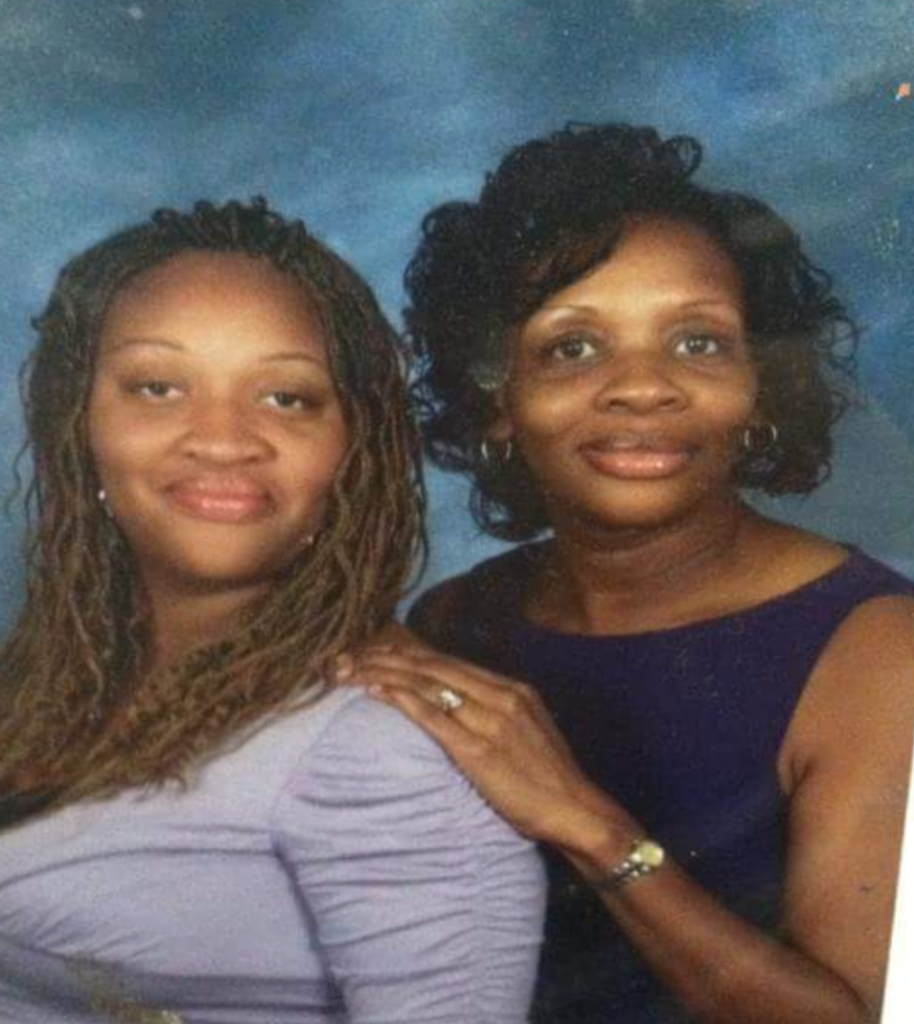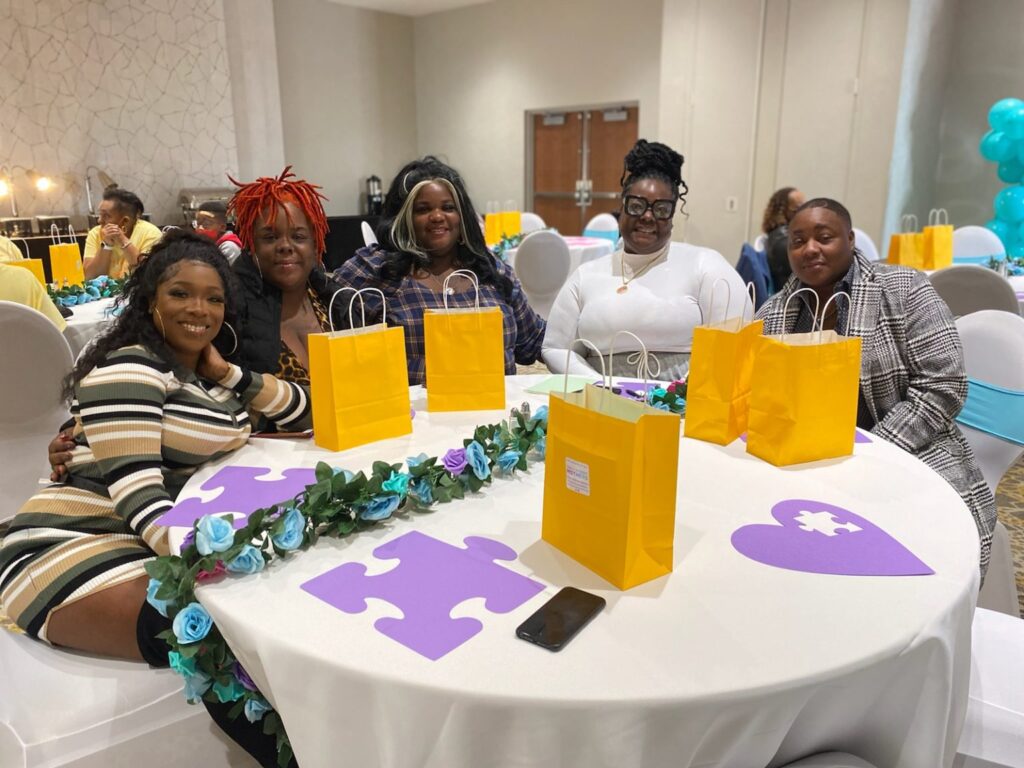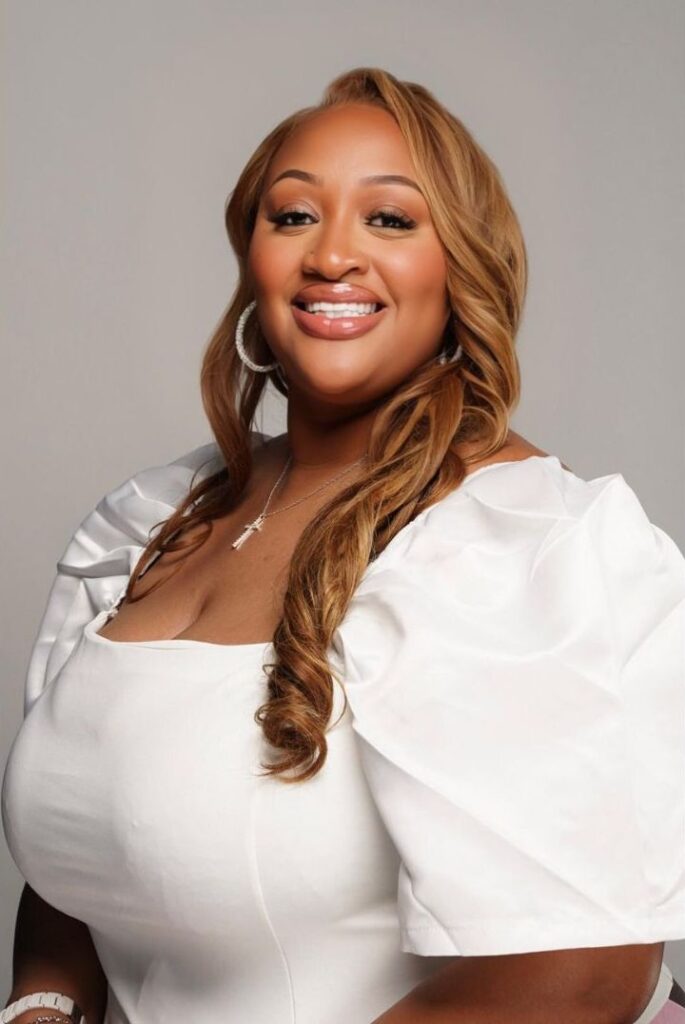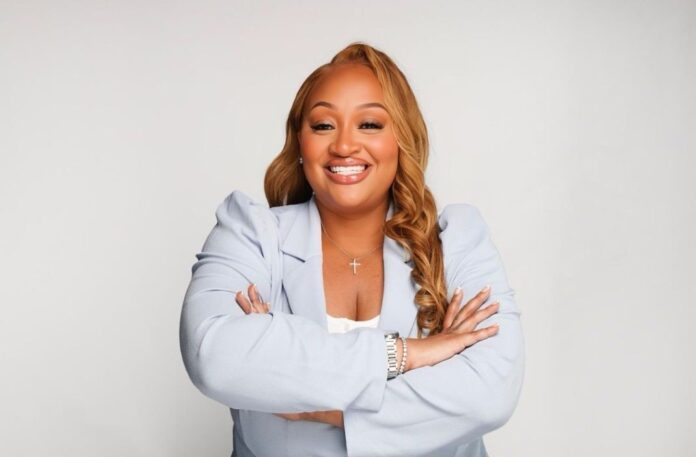( ENSPIRE She Did That ) Navigating Loss, Grief, and Growth with a Purpose-Driven Nonprofit
In the heartfelt interview with the founder of Those Without Mothers, we uncover the deeply personal journey that led to the creation of this nonprofit. Driven by the loneliness experienced after losing her mother, Shameka Williams sought to build a community where individuals facing similar struggles could find solace and support. The power of shared experiences is at the core of Those Without Mothers, emphasizing the importance of community in navigating the complexities of grief and loss.
As the organization offers emotional support, grief coaching, and mentorship, it becomes evident how these multifaceted approaches cater to the diverse needs of those who have lost maternal figures. From regular support groups providing a safe space for sharing to mentorship programs guiding individuals through life without a role model, Those Without Mothers addresses the unique challenges faced by their community with compassion and understanding.

Can you share the personal journey that led to the creation of Those Without Mothers, and what inspired you to establish this nonprofit?
When my mother died, I had no community. There was no one for me to talk to about my problems because most of my friends still had their mothers. I often felt alone. Over time, a few of my other friends lost their mom, and we all found peace in confiding in one another about the unfairness of losing something so significant. Those conversations reminded us we were not alone. I realized how important community would have been for me during this time and decided to create one. As the amount of people losing parents grows daily, I knew that I could not reach everyone singularly, but a community could.
Your organization offers emotional support, grief coaching, and mentorship. Can you describe some of the specific ways in which you assist those who have lost maternal figures and the impact it has had on their lives?
One way we provide support is number one — having free support groups every two weeks in person and virtually. In those groups, people come together to share and sometimes, even vent. This group is open to others as well, but it allows people the opportunity to feel heard and seen without judgment. Everyone has different means by which they work through their grief — we strive to provide multiple avenues for doing that. Because of this, we have multiple parents with whom we can match individuals. However, suppose someone needs additional support or accountability beyond what Non-Profit Those Without Mothers provides. In that case, I offer high-touch grief coaching that allows them to check in with me and have access to someone throughout the day. Our mentorship program at Those Without Mothers is for those who may have been younger when they lost their mom and are looking to figure out how to do life without a role model or example. Small things like hygiene and job interview tips are things those who have lost their mothers may need help with.
You’ve hosted events like Brunches to support your community. How do these gatherings create a sense of hope and community among participants, and can you share a memorable moment from one of these events?
Those without mother brunches are a big deal for our community. Our most famous brunch is the one we have for Mother’s Day. This allows people who usually are alone and would self-isolate to feel as though they have a community and are not by themselves. Last year, during brunch, we started the healing partner project — where each person found someone they could call or reach out to when they are struggling. Even sometimes to vent or perhaps hold them accountable. Every person who received a healing partner felt this added a layer of hope, security, and community they had been missing. Seeing everyone interact with one another and seeing the hope in their face brought me so much joy.

What are your plans for expanding Those Without Mothers nationwide, and what goals do you hope to achieve with this broader reach?
For the past 2-3 years, we have done our brunches and campaigns and put our attention in the DMV area. We are looking to expand to multiple cities. We have had so many people reach out wanting to participate and be a part of our community. The goal is to number one make people aware that we are here for them. I know me knowing that I had people like me would have helped me in my journey. My deep desire is for people to feel hopeful when they realize that someone specifically relates to them. Second, the goal is to expand our team and community so that every time someone becomes a part of the “No Mothers Club” they know where to call to get the support and help they need.
As a motivational speaker and Certified Grief Coach, how do you use your expertise to support individuals facing life transitions and grief? What is the most rewarding aspect of the work you do in this field?
The best teachers are often those who have lived experiences. Every single person I meet I go back to when I lost my mom or when I lost myself in multiple transitions and think about how I felt. It is not enough to know what the textbooks say about loss or transition; it’s very different to be not living, and breathing, and just trying to make it through to the next minute. I take what I learned in the books and humanize it — breathing life into the words with an empathetic heart.
The most rewarding aspect of the work I do is watching the people who I know have experienced life-altering circumstances use what was given in pain and make it a part of their purpose. They take the tools given and they use them to begin working towards their healing, transforming their own lives and letting it rub off on others.

The impactful brunch events hosted by Those Without Mothers serve as beacons of hope, fostering a sense of belonging during occasions that might otherwise intensify feelings of isolation. Shameka’s plans for nationwide expansion reflect a commitment to reaching more individuals in need, and to making the support and hope offered by Those Without Mothers accessible to all. As a motivational speaker and Certified Grief Coach, Shameka Williams’ personal experiences breathe life into the support provided, creating a space where individuals facing life transitions and grief can find solace and inspiration. The most rewarding aspect of this work lies in witnessing individuals transform their pain into purpose, using their experiences to not only heal themselves but also to inspire others on their journey toward recovery and growth.
Related Articles: Nonprofit Coaches Vs. Racism Is Now Ending Racism In Sports, How to Maintain Mental Health This New Year with Pia Johnson







